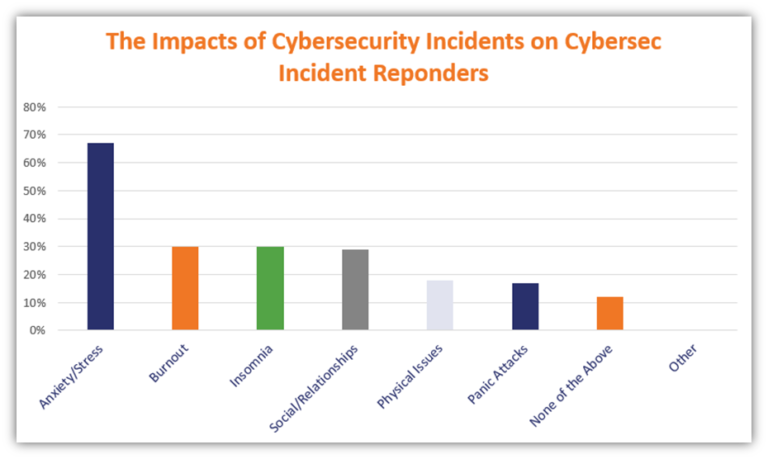Pandemic Fatigue: Tips to Cope and Stay Active
Pandemic fatigue has emerged as a significant challenge for many individuals grappling with the prolonged effects of social distancing and lockdowns. As the days blend into weeks, the yearning for normalcy grows stronger, often leading to a decline in mental health. Alarming statistics reveal that a substantial portion of the population is experiencing symptoms of depression and anxiety as they navigate this unprecedented situation. To combat pandemic fatigue, it’s essential to embrace effective coping strategies that prioritize self-care and well-being. Incorporating seasonal produce into meals, engaging in home workouts, and exploring new fall recipes can not only invigorate your diet but also enhance your overall mood.
The phenomenon of exhaustion stemming from prolonged health crises, sometimes referred to as “crisis weariness,” is increasingly prevalent in society today. As people seek ways to reintegrate into their social lives, the psychological toll of isolation and uncertainty weighs heavily on mental wellness. This fatigue can lead to a decrease in motivation and a lack of adherence to health guidelines, making it crucial to develop effective coping mechanisms. Exploring activities such as exercising at home, cooking with seasonal ingredients, and practicing mindfulness can help alleviate the stress associated with this period. By focusing on holistic approaches to mental and physical health, individuals can reclaim a sense of balance and well-being.
Understanding Pandemic Fatigue
Pandemic fatigue is a term that encapsulates the exhaustion and disillusionment many individuals feel after enduring prolonged periods of social isolation and uncertainty. As days turn into months, the initial adrenaline and focus on safety measures such as social distancing and mask-wearing can wane, leading to a sense of apathy. This collective fatigue is not just a personal struggle; it’s a widespread phenomenon affecting mental health across various demographics. Many people find themselves yearning for social interactions and a return to pre-pandemic routines, which can lead to risky behaviors as some begin to disregard safety protocols.
The psychological toll of pandemic fatigue is evident through alarming statistics. A survey from the U.S. Census Bureau highlighted that a significant portion of the population is grappling with mental health issues, including depression and anxiety. The desire to reconnect with others and engage in normal activities can create a conflicting emotional landscape, resulting in increased anxiety levels. Addressing pandemic fatigue requires a proactive approach to mental health, incorporating coping strategies that promote wellness and resilience.
Frequently Asked Questions
What is pandemic fatigue and how does it affect mental health?
Pandemic fatigue refers to the exhaustion and stress experienced by individuals due to prolonged pandemic-related restrictions and uncertainty. It can lead to significant mental health issues, such as anxiety and depression, particularly among vulnerable populations like younger adults and those with lower incomes. Coping strategies, such as exercise and meditation, can help manage these feelings.
What coping strategies can help with pandemic fatigue?
To combat pandemic fatigue, consider adopting various coping strategies. Engage in physical activity like yoga or walking, practice mindfulness through meditation, express your feelings by talking to someone, and explore new recipes using seasonal produce. These activities can enhance your mood and provide a sense of normalcy.
How can exercising at home alleviate pandemic fatigue?
Exercising at home can be a great way to alleviate pandemic fatigue. It helps maintain physical health, boosts mood through the release of endorphins, and provides a sense of routine during uncertain times. Start with simple exercises, listen to your body, and gradually increase your activity level to stay motivated.
What are the benefits of eating seasonal produce during the pandemic?
Eating seasonal produce during the pandemic has multiple benefits including fresher and tastier fruits and vegetables, better nutritional value, and often lower costs. Seasonal eating can also reduce your carbon footprint, as locally sourced produce requires less transportation and energy to grow.
How can I incorporate fall recipes into my routine to combat pandemic fatigue?
Incorporating fall recipes into your routine can be a fun and rewarding way to manage pandemic fatigue. Try making dishes that feature seasonal ingredients, like cranberry pumpkin muffins. Cooking can be a creative outlet and a way to bond with family while promoting healthier eating habits.
Why is it important to reach out to a doctor if experiencing pandemic fatigue?
If you’re struggling with pandemic fatigue, it’s crucial to reach out to a doctor to discuss your mental health. Professional guidance can help identify effective coping strategies and provide support tailored to your individual needs, ensuring that you maintain your well-being during these challenging times.
| Key Point | Details |
|---|---|
| Pandemic Fatigue | A feeling of tiredness and frustration among individuals due to prolonged restrictions and isolation during the pandemic. |
| Social Disregard | People are increasingly ignoring guidelines like social distancing and mask-wearing due to fatigue. |
| Mental Health Impact | 24% of American adults report symptoms of major depressive disorder; anxiety is reported by 30%. |
| Coping Strategies | Exercise, meditation, expressing feelings, cooking new recipes, and seeking help if needed are recommended. |
| Physical Activity | Staying active can be challenging, but simple activities like grocery shopping can help. |
| Seasonal Produce Benefits | Eating seasonal produce leads to fresher, tastier, and often cheaper food while reducing carbon footprints. |
| Recipe | Cranberry Pumpkin Muffins recipe provided for healthy cooking activity. |
Summary
Pandemic fatigue has become a significant issue for many as they grapple with the prolonged effects of restrictions and isolation. This fatigue leads to a decline in adherence to health guidelines and poses a risk to mental well-being. It is essential to recognize these feelings and adopt coping strategies to manage stress and maintain mental health during these challenging times. Engaging in physical activities, consuming seasonal produce, and enjoying cooking can help individuals reclaim a sense of normalcy while contributing to overall well-being.







